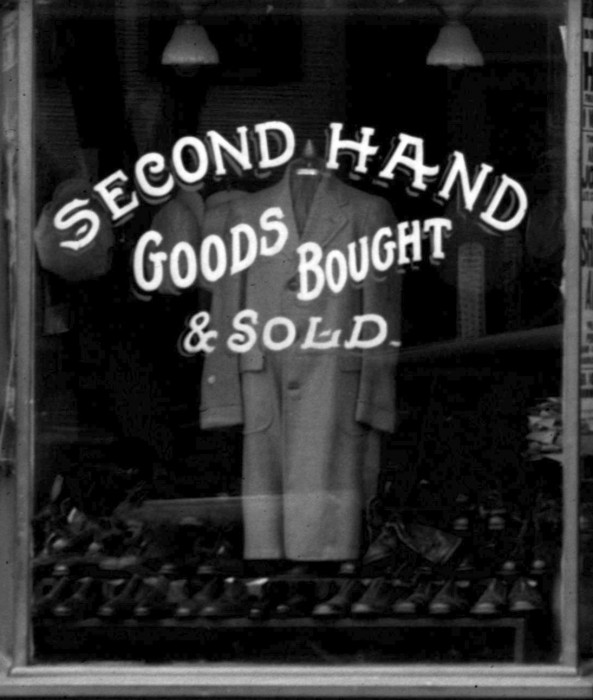An MP3 is just like a CD — until you try to sell it
Jesse Brown weighs in on a recent ruling on digital music and copyright law
Share

MP3s are no different than CDs: if you want one, you should buy it. That’s the argument music labels including Capitol have been making to music fans for the last 14 years. Of course, when you buy a CD, you have the right to sell it. Here, Capitol feels that MP3s are totally different.
Last year Capitol sued ReDigi, a start-up that lets you re-sell your legally purchased digital music. ReDigi performs technological somersaults to make MP3s behave like CDs. Its Marketplace app verifies that your MP3 was legally purchased, then allows you to sell it to someone else at a discounted rate. Once you make the sale, ReDigi deletes the MP3 from your hard drive.
A U.S. District Court in New York has just ruled in favour of Capitol. Judge Richard J. Sullivan found ReDigi to be in violation of copyright law, on the basis of some pretty flimsy details:
“…the fact that a file has moved from one material object – the user’s computer – to another – the ReDigi server – means that a reproduction has occurred. Similarly, when a ReDigi user downloads a new purchase from the ReDigi website to her computer, yet another reproduction is created. It is beside the point that the original phonorecord no longer exists. It matters only that a new phonorecord has been created.”
I’ll resist the urge to mock Judge Sullivan for calling an MP3 a “phonorecord” (or at least, I’ll save that for Twitter). That grandpa term isn’t his, it comes from the copyright laws he’s interpreting. It should provide some insight into just how desperately in need of modernization this legislation is. Even without such amendments, Sullivan has leeway to read and apply the law flexibly, but he’s chosen to forgo that discretion. So while he might be adhering peevishly to the letter of copyright law, he does so in complete disregard for its spirit.
What’s actually beside the point here is how many copies ReDigi incidentally creates in the process of brokering a legitimate sale. Seriously, why would a copyright holder care, so long as there’s just one copy, which was legitimately paid for, trading hands?
Beyond the court’s small-minded interpretation of the law, this case provides real-world examples of a couple of persistent truths:
- The music industry has no consistent ideology or principles about digital music beyond the short-term preservation of their perceived interests. An MP3 is just like a CD, until that means that they might get cut out of a sale, in which case it isn’t like a CD at all.
- This belligerent attitude has long been described by technologists as an obstacle to innovation and invention. This case demonstrates just that. Capitol is seeking $150,000 from ReDigi. Per song.
Let that be a lesson to anyone else with a good idea for a music app.